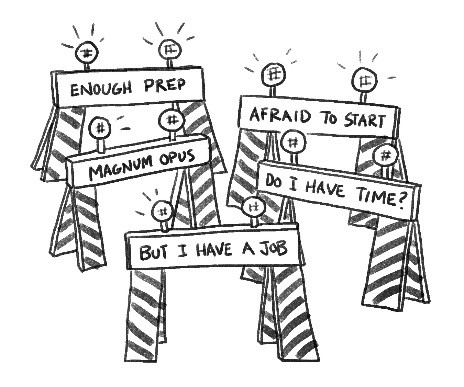Making Comics Worldwide is proud to announce the launch of Making Comics 3.0! Our new, updated website allows users and creators to more fluidly navigate our expansive resources. In addition, we’ve begun collecting articles and tutorials from websites all across the internet, cataloging them, and providing users with direct links to websites in an effort to expand the making comics community. We’ve also opened up volunteer opportunities to the community to help make our site the most effective it can be.
Upgrades include:
- Integration of a comprehensive crowdsourcing library aimed at cataloging all comic-making educational resources on the web.
- Underdog Community merge including articles, forums, and more.
- All MakingComics.com features designated home pages (Talking Comics, Gutter Talk Pod, Underdogs, etc.)
- Comprehensive outline of our plans as a nonprofit.
- Workflow for multiple levels of volunteer input.
With the relaunch of the website, Making Comics Worldwide has officially merged with their sister site, The Underdog Community (a.k.a. Webcomic Underdogs). This merger grants access to an assortment of resources – lively web forums, active Facebook groups, and twitter conversations – that were previously just outside the reach of the small staff at Making Comics Worldwide. With these additions, the Making Comics Worldwide community grows by the thousands (literally), making our website the largest source of free, creator-based content in the world.
We need your help
One of our bold new goals on the new MakingComics.com is creating a crowdsourced library of ALL of the existing, and emerging, comic resources on the web. We are definitely going to need help doing this. During this initial site launch it would be amazing if we could have some of the Underdogs go through the process of submitting links to our library.
If you want to know what kind of sites and resources we are looking to catalogue and how we are cataloguing them, check out our handy content guide.
https://makingcomics.com/
Volunteer To Help Us Change The World
If you are super interested in EVERYTHING above and want to know how you can be more involved with the MakingComics.com project, check out our volunteer section at:
https://makingcomics.com/
Support Our Formation Of The Making Comics Worldwide Nonprofit
One of our big goals for the coming year is going to be establishing Making Comics Worldwide as a 501(3)(c) charitable education nonprofit. If you are interested in understanding more about our goals as a nonprofit visit our nonprofit website www.MakingComicsWorldwide.com.
Donations
While there, please consider filling out our donations survey so we can contact you when we are starting our fundraising processes.








